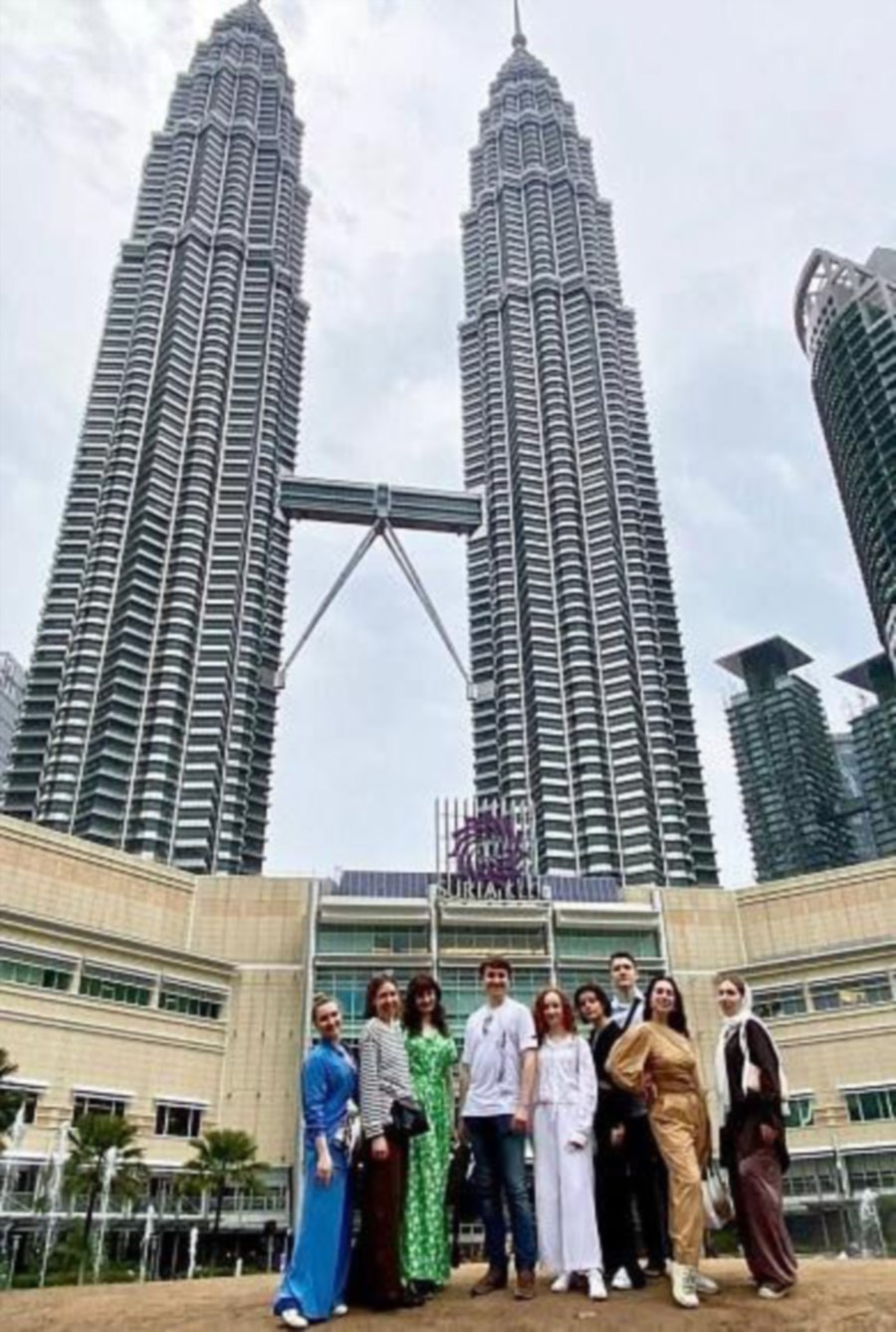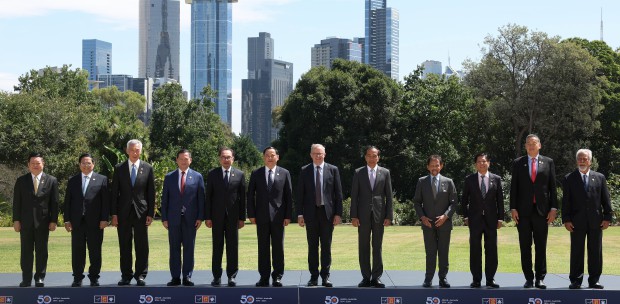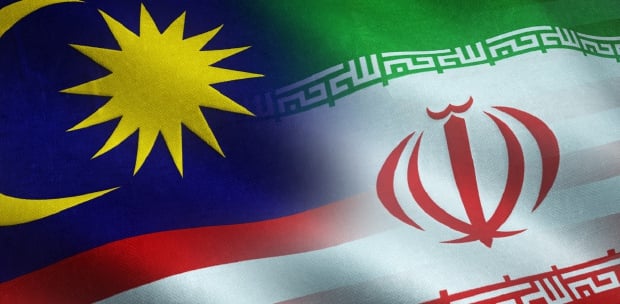THE train is going to the East was a famous Soviet song in the 1950s. As it turned out, this phrase has become relevant today.
The turn to the East is now the basis of Russia's policy — not only in the economy, but also in education.
In the last six months, the Institute of Asian and African Countries at M.V. Lomonosov Moscow State University concluded a Memorandum of Understanding (MoU) with three Malaysian universities.
They were Universiti Pendidikan Sultan Idris (UPSI), Universiti Sains Malaysia and the Academy of Malay Studies of the Universiti Malaya.
More recently, the Economic Club or "Oeconomicus" at Moscow State Institute of International Relations (MGIMO) established contacts with some universities in Malaysia as well.
The Economic Club was founded on May 26, 2009 and brings together the most active, enterprising and erudite students who are passionate about economics, politics, law and ecology.
Over the years, club members have brought to life a large number of their own ideas and have taken part in dozens of international and federal projects: forums, conferences and master classes.
Last May, a delegation of the club comprising nine lecturers and students visited Malaysia as part of the educational course, "Doing business in Asia"— the winning project of the Endowment student grants competition.
At the International Islamic University of Malaysia (IIUM), the delegation participated in a round table, "Russia-Malaysia: ways of cooperation in the field of Islamic banking and finance".
There, the associate professor of the Institute of Islamic Banking and Finance IIUM, Dr Syed Musa Syed Jaafar Alhabshi, made a presentation on the topic "Experience and Best Practices of Malaysia in the field of Islamic Banking and Finance".
The Academic Supervisor of the Economic Club, A.Yu. Dolgova, and deputy Academic Supervisor, A.K. Makarenko, presented a report on the topic "Islamic Banking and Finance in Russia: Problems and Prospects", in which they spoke about the current state of the Islamic finance market in Russia.
One, in particular, was about a pilot project for the implementation of Islamic banking in four regions of the Russian Federation, which experimentally began its operation on Feb 1, 2023.
The delegation also met the faculty and student community of the International Institute of Islamic Thought and Civilisation, and visited the campuses of the Malaysian Multimedia University (MMU) in Cyberjaya and Malacca.
Two thematic lectures were organised: on the legal aspects of business in Malaysia by Dr Bahma Sivasubramaniam of the MMU Faculty of Management (on the Cyberjaya campus) and a lecture on the business environment in Malaysia by Dr Subhachini Subramaniam (on the Malacca campus).
In continuation of the lectures, MMU and MGIMO students, in mixed groups, found a solution to a business question on the entry of a Russian startup into the Malay market, which was prepared by the team of the Economic Club.
The Charge d'Affair of Russian Embassy in Kuala Lumpur, S.M. Krans, noted that the visit of the delegation of the Economic Club could become an important starting point for deepening the interaction between the two countries through the educational platform.
The head of delegation, Dolgova, shared her impressions with the writer, saying that she was amazed with Malaysia's multiculturalism, where different peoples live in peace and harmony.
In addition, the English language usage is making the country even more open to the world and representatives of other countries and peoples. The food, striking in its originality and diversity, also acts as an important tool for the dialogue of cultures.
Generally speaking, theMalaysian youth the delegation met throughout the visit, showed considerable interest in Russia, expressed a desire to visit the country to get more acquainted with the culture, history and current development directions.
Future joint events were widely discussed too. Conclusion, the Russian train is turning firmly towards the East when it comes to better cultural interaction.
* The writer, writing from Russia, is a former lecturer at Universiti Malaya





